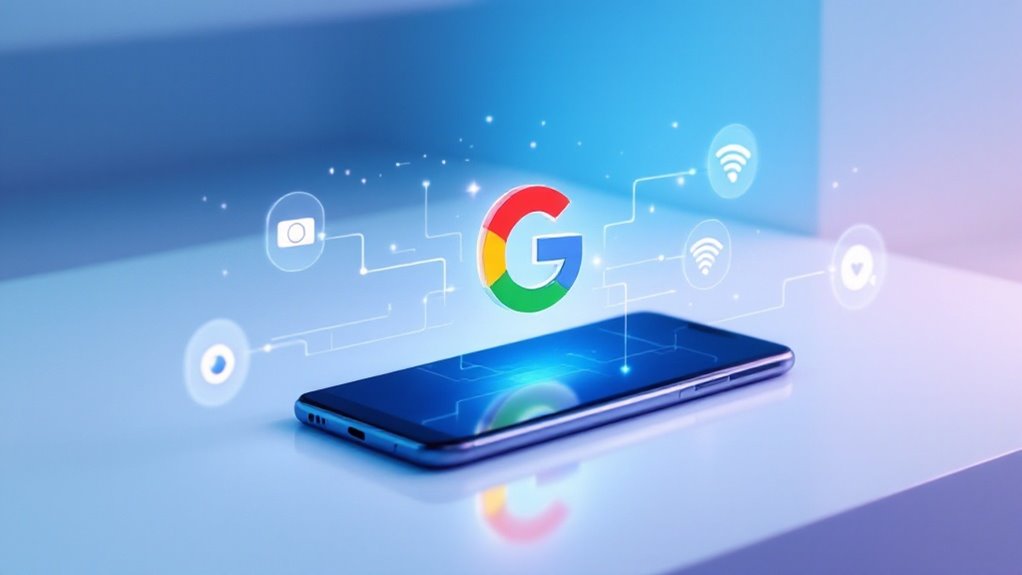AI for content creation is a double-edged lightsaber. On the plus side: it can crank out blog posts, social updates, and SEO tweaks at warp speed, saving time and cash. But here’s the flip side—AI’s remixing game sometimes gets tangled with plagiarism, awkward phrases, or that uncanny “written by robot, for humans” vibe. Emotional nuance? Not really its thing. Basically, if you’re hoping for originality, stellar storytelling, or legal peace of mind, there’s a bit more you’ll want to check out.
Let’s be honest: just about everyone these days is flirting with the idea of using AI for content creation—whether you’re a scrappy blogger, a caffeine-fueled marketer, or, let’s face it, that guy on LinkedIn who posts daily “thought leadership” nuggets. The hype is real. AI promises to crank out articles, blog posts, and even tweets faster than your barista can misspell your name. Who wouldn’t be tempted?
There are undeniably attractive perks. For starters, the quick turnaround is hard to beat. Need a dozen product descriptions before lunch? AI’s got you. It’s cost-effective too; why hire a battalion of writers when one machine can do the heavy lifting (or at least the rough drafts)?
Plus, the SEO crowd is loving it—AI tools can sprinkle in just the right keywords and meta tags to keep the Google gods appeased.
AI tools are the new secret sauce for SEO, expertly serving up keywords and meta tags to satisfy the Google gods.
And let’s not forget, AI never gets writer’s block. It doesn’t care about deadlines or existential crises. Feed it a prompt, and it spits out idea after idea, which can help even the most creatively challenged marketers. AI-generated content typically requires human review to ensure quality and coherence, so while it can speed things up, you still need to keep an editor in the loop.]
––––
But let’s pump the brakes before we declare AI the Shakespeare of the digital age. There are some gnarly downsides.
Plagiarism concerns loom large—AI, after all, is trained on mountains of existing content, so there’s always a risk your “original” post is just a remix of someone else’s blog.
Quality? Inconsistent at best. AI can churn out an essay, but it might read like a robot wrote it. (Because, well, it did.)
There’s also the emotional disconnect. AI can’t really do nuance or empathy. So if you want your readers to actually feel something—beyond boredom—you’ll still need a human touch.
And let’s be real: all this “innovation” depends on old data. AI isn’t exactly churning out Nobel-worthy new ideas. It’s more like an over-caffeinated intern, regurgitating what it’s already seen.
*Bottom line: AI is a handy tool, but it won’t be stealing your job as a poet laureate just yet.*









